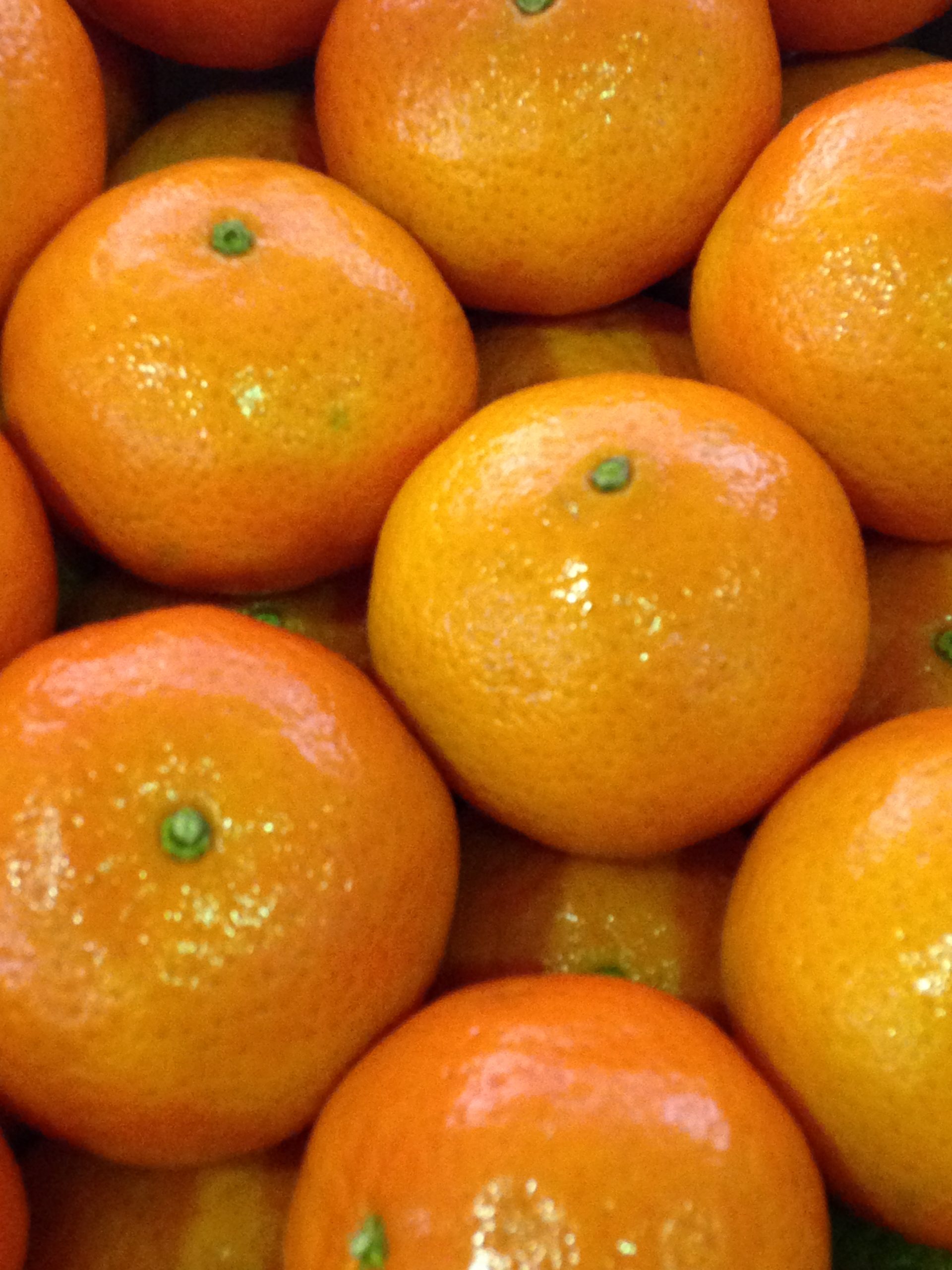
On the eve of the start of the African fruit season, in which perishable summer commodities originated on the continent begin to arrive on shores in the US, a delegation from several African nations has visited the Port of Philadelphia.
Holt Logistics Corp said that as part of their historic visit and participation in the African Business Roundtable at the Philadelphia Federal Reserve Bank, dignitaries from Côte d’Ivoire, Ghana, South Africa, Togo, and Tanzania toured facilities at Gloucester Marine Terminal to learn about the numerous quality initiatives and processes utilised by the company.
Additionally, the delegation discussed potential expansion of trade partnerships that will come as a result of the proposed African Growth and Opportunity Act (AGOA) currently before the US congress, Holt said in a press release dated June 15.
The first vessel of the 2015 South Africa fruit season arrived this morning at the Gloucester Marine Terminal. The Lapponian Reefer, a specialised refrigerated cargo ship discharged approximately 3,600 pallets of fresh oranges from the Western Cape of South Africa. The cargo arrived under the strict guidance of 360 Quality, an international shipping association dedicated to ensuring quality and safety in supply chain management for perishable fruits and vegetables, it also said.
“This visit of the delegation of West African leaders is timely in many ways,” said Peter Inskeep, general manager of the Gloucester Marine Terminal. “The beginning of the Summer Citrus season has created a heightened interest and awareness in developing nations of the value of fast, dedicated and direct transport of food products. We are also eager to share best practices in food handling and production with these potentially very important trade partners in support of AGOA, which will greatly increase commodities traffic between our two continents. Holt Logistics Corp is foundational terminal operator member of the 360 Quality Initiative, and we look forward to sharing a framework that can be transposed onto the many high quality food products that reach the North American Market through the Delaware River Ports.”
In the photo: (left to right): Sander Daniel, Global Marketing, Holt Logistics Corp; The Honorable Thulisile Mathula Nkosi, Consul General, Republic of South Africa; Florizelle B. Liser, Assistant U.S. Trade Representative for Africa; His Excellency Joseph Henry Smith, Ambassador, The Republic of Ghana; Leo A. Holt, president, Holt Logistics Corp; His Excellency Daouda Diabate, Ambassador, The Republic of Cote d’Ivoire; His Excellency Limbiye E. Kadangha Bariki, Ambassador, The Republic of Togo; Her Excellency Lily Munanka, Ambassador, Republic of Tanzania; and His Excellency Api Assoumatine, Togolese Ambassador to Ghana.
source: Holt Logistics Corp


